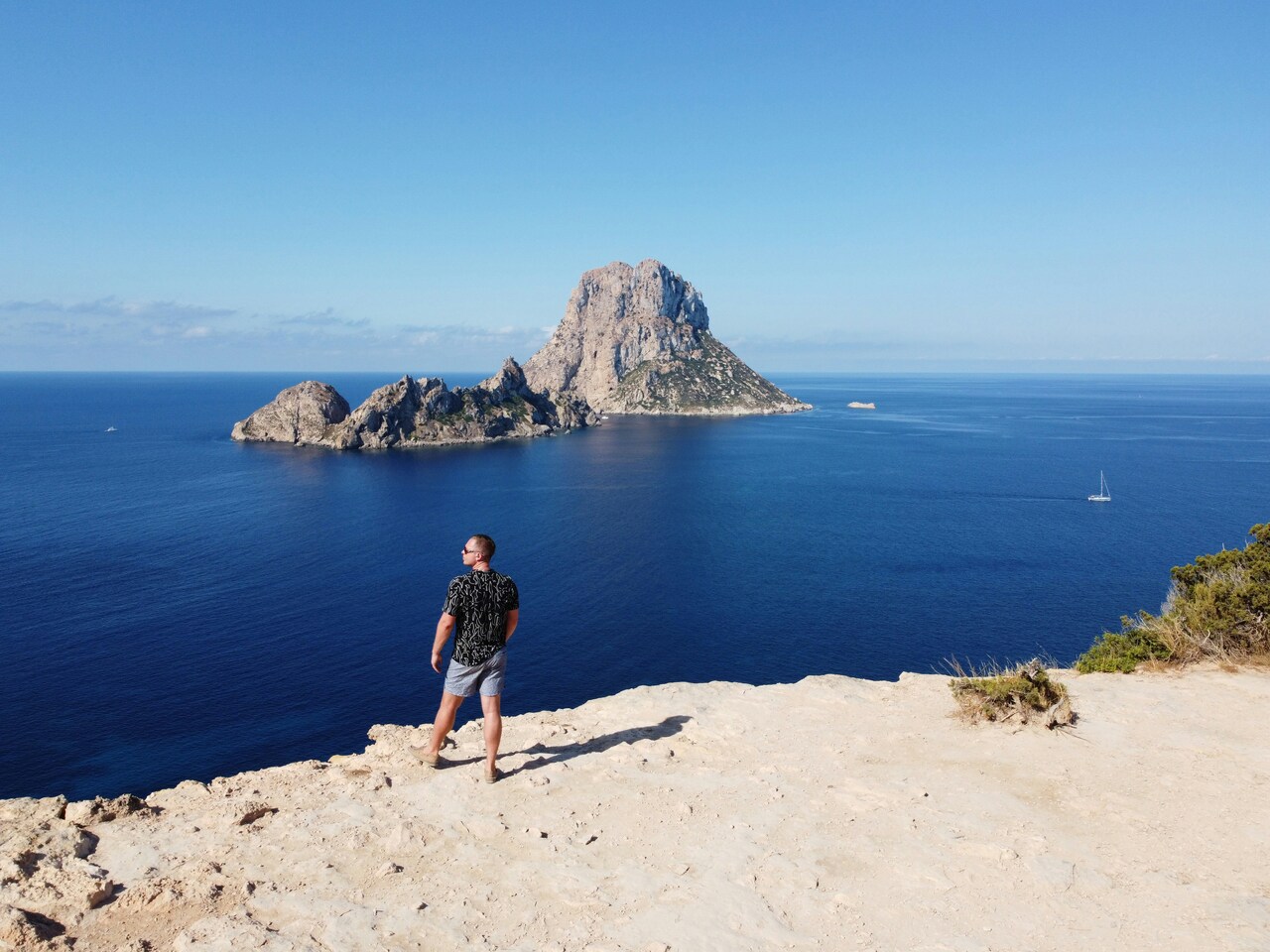
Scrolls 2024
Cyprus, a sun-drenched island in the Eastern Mediterranean, offers a perfect blend of history, culture, nature, and relaxation. Known for its ancient ruins, crystal-clear beaches, and warm hospitality, Cyprus is a top destination for travelers worldwide. If you’re visiting Cyprus for the first time, a bit of planning goes a long way in ensuring an unforgettable trip. Here are the top 10 tips for first-time travelers to Cyprus to help you make the most of your island adventure.
1. Choose the Right Season to Visit
Cyprus boasts over 300 days of sunshine a year, making it a year-round destination. However, the best time to visit depends on your preferences:
- Spring (March–May): Ideal for nature lovers, as wildflowers bloom and the weather is mild.
- Summer (June–August): Perfect for beach enthusiasts, but expect high temperatures and busy tourist spots.
- Autumn (September–November): Warm seas and fewer crowds make this a top choice.
- Winter (December–February): Great for off-season deals and even skiing in the Troodos Mountains.
2. Rent a Car for Maximum Flexibility
Public transportation is available but limited outside major cities. Renting a car gives you the freedom to explore remote villages, hidden beaches, and historical sites. Remember:
- Cyprus drives on the left-hand side of the road (a remnant of British rule).
- Road signs are in both Greek and English, making navigation easy.
- Many rental agencies require drivers to be at least 25 years old.
For those staying in Limassol, renting a car allows easy access to nearby attractions while enjoying the comfort of Limassol apartments for short-term rent—ideal for flexibility and convenience.
3. Embrace the Local Cuisine
Cypriot food is a delicious blend of Greek, Turkish, and Middle Eastern influences. Don’t miss out on these local delights:
- Halloumi: The island’s famous semi-hard cheese, often grilled or fried.
- Souvlaki & Sheftalia: Flavorful grilled meats served in pita bread with salad.
- Meze: A traditional spread of small dishes, perfect for sharing.
- Loukoumades: Honey-drenched doughnuts for those with a sweet tooth.
Pair your meals with a glass of Commandaria, one of the oldest wines in the world, or a shot of Zivania, a strong Cypriot spirit.
4. Respect Local Customs and Etiquette
Cypriots are known for their warmth and hospitality, but understanding local customs can enrich your experience:
- Greetings: A simple “Yia sou” (hello) goes a long way.
- Dress Modestly: Especially when visiting monasteries and churches.
- Tipping: Around 10% is customary in restaurants.
- Sunday Closures: Many shops and businesses close on Sundays, especially in smaller towns.
5. Explore Beyond the Tourist Hotspots
While cities like Limassol, Paphos, and Larnaca are popular, Cyprus offers much more:
- Troodos Mountains: Hike through pine forests and visit UNESCO-listed painted churches.
- Akamas Peninsula: A natural reserve perfect for hiking and boat tours.
- Kourion Archaeological Site: An ancient city-kingdom with a stunning Greco-Roman theater.
6. Enjoy Cyprus’ Beautiful Beaches
Cyprus is home to some of the cleanest beaches in Europe, many of which have Blue Flag status. Top picks include:
- Nissi Beach (Ayia Napa): Known for its vibrant party scene and crystal-clear waters.
- Fig Tree Bay (Protaras): A family-friendly beach with shallow waters.
- Governor’s Beach (Limassol): Famous for its white rocks and peaceful vibes.
- Lara Beach (Akamas): A secluded spot where sea turtles nest.
7. Stay Hydrated and Sun-Safe
The Mediterranean sun can be intense, especially in summer. Protect yourself by:
- Wearing sunscreen (SPF 30 or higher).
- Drinking plenty of water throughout the day.
- Wearing hats and light clothing for sun protection.
8. Dive into Cyprus’ Rich History
Cyprus has been inhabited since ancient times, and its history is everywhere:
- Tombs of the Kings (Paphos): A UNESCO World Heritage Site dating back to the 4th century BC.
- St. Hilarion Castle (Kyrenia): A fairytale-like castle with sweeping views.
- Larnaca Salt Lake: Visit in winter to see flocks of flamingos.
If you’re a history buff, Cyprus will feel like an open-air museum.
9. Currency, Language, and Connectivity
- Currency: Cyprus uses the Euro (€). Credit cards are widely accepted, but it’s wise to carry some cash for smaller establishments.
- Languages: Greek and Turkish are the official languages, but English is spoken in most tourist areas.
- SIM Cards & Wi-Fi: Local SIM cards are affordable, and Wi-Fi is available in most hotels, cafés, and public spaces.
10. Where to Stay: Hotels vs. Short-Term Rentals
While Cyprus has no shortage of hotels and resorts, many travelers prefer the flexibility of short-term rentals. Especially in cities like Limassol, renting an apartment allows you to:
- Cook your meals and live like a local.
- Enjoy more space, ideal for families or groups.
- Choose beachfront or city-center locations based on your preferences.
Final Thoughts
Cyprus offers something for everyone—history lovers, beachgoers, foodies, and adventurers. By following these tips, first-time travelers can navigate the island with ease and make the most of their Mediterranean escape.
Whether you’re wandering ancient ruins, lounging on a sun-soaked beach, or sipping wine at a local taverna, Cyprus promises memories that will last a lifetime. And with options like Limassol apartments for short-term rent, finding the perfect place to stay has never been easier.
Pack your bags, embrace the local charm, and get ready for an unforgettable Cypriot adventure!
Write and Win: Participate in Creative writing Contest & International Essay Contest and win fabulous prizes.


